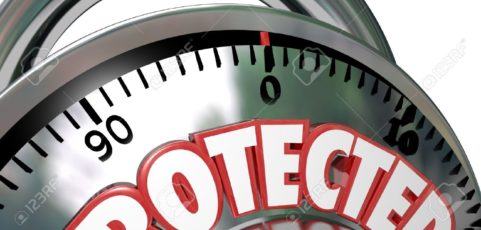February is American Heart Health Month. A full month dedicated to spreading awareness about heart disease, which happens to be the leading cause of death among men and in women in the United States. This is a scary reality for most Americans who love their pizza, hot dogs and beer but the good news is that this disease is preventable. You can decrease your chances of suffering from heart disease by making healthier choices, such as exercising more, choosing healthier foods and creating an estate plan! Well, maybe an estate plan can’t prevent heart disease but it will ensure that your family is taken care should anything happen to you.
Estate planning is important for individuals of all ages, from all backgrounds – no matter if you’re married or single. By planning today, you eliminate any possible arguments about who gets what, can plan for your children’s future, and even provide for your grandchildren! A solid estate plan should include the following:
The Revocable Living Trust is a great option for those who wish to avoid probate and provide asset protection for their beneficiaries. The trust can keep your beneficiaries’ inheritance safe against unsecured creditors and allow them to receive what’s held in trust free of probate. This is a real advantage since Florida’s probate system is both time consuming and costly. In addition to probate avoidance, the living trust allows the Grantor to retain control during their life. They may amend as many times as they wish or revoke entirely. As life changes, so should your estate plan!
The Last Will and Testament will be included in your plan. In your will, you will appoint minors on behalf of your children, nominate a personal representative on behalf of your estate and specify your wishes regarding cremation or burial.
The Durable Power of Attorney is a powerful document that is only valid for the duration of your life. Once signed it will allow the designated individual to make important financial decisions on your behalf in the event you are unable to do so yourself.
The Healthcare Surrogate will allow the designated individual to speak with medical staff and assist in making important medical decisions on your behalf if you are incapacitated and unable to do so yourself. The HIPPA release is included as well to allow for your healthcare surrogate to review medical documents and receive information on your behalf.
You may have the healthiest heart around but that shouldn’t stop you from creating an estate plan. Call the South Florida Office of Wild, Felice & Partners today at (954) 944-2855 for your free consultation and prepare yourself for the unforeseen.





